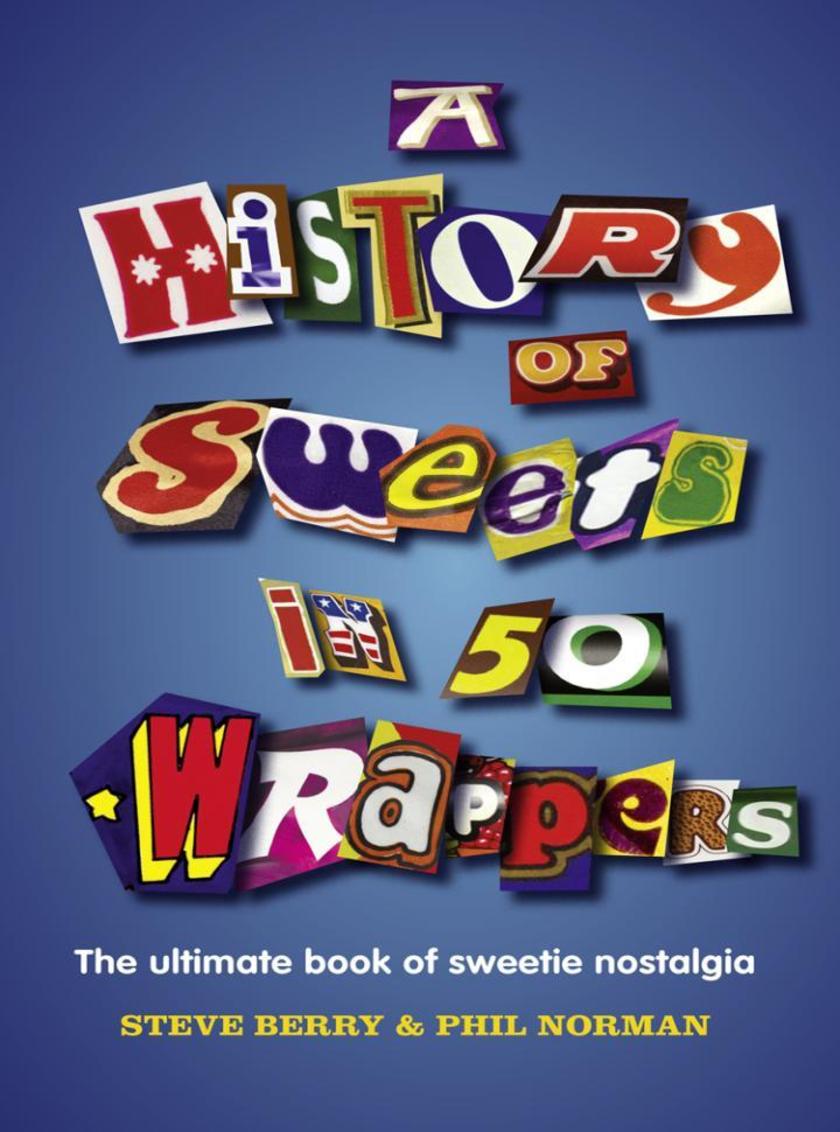
A History of Sweets in 50 Wrappers
¥15.60
A super-sweet guide to all your favourite sweets from years gone by. A History of Sweets in 50 Wrappers is a colourful and comical history of sweets and chocolates. If you ever dreamt of being the Milkybar Kid, if you remember when Snickers were Marathons and Double Deckers had raisins in them, if you ever checked the colour of your next Fruit Pastille before offering it out, this book is for you. It will lead you down memory lane until you reach the corner shop and load up a 10p mix-up bag. Fully illustrated, with hundreds of classic wrappers and adverts, A History of Sweets in 50 Wrappers is packed full of memories, fun facts, historical research … … and lots and lots of sweets!
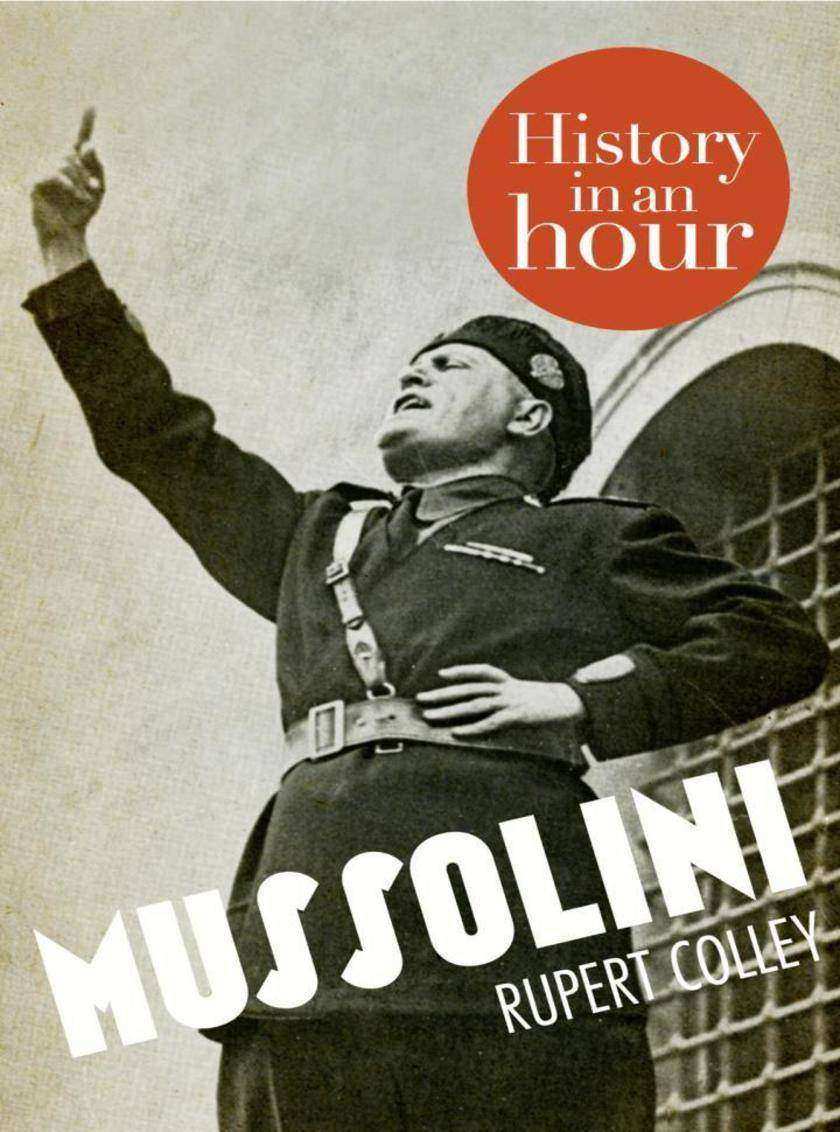
Mussolini: History in an Hour
¥18.05
Love history? Know your stuff with History in an Hour. ‘Il Duce’, Benito Mussolini, was one of the key figures in the creation of fascism. Famed for his dictatorial style, his political cunning and admired – initially – by Hitler, Mussolini led the National Fascist Party and ruled Italy as Prime Minister from 1922 until his ousting in 1943. In so doing, he paved the way towards Italy’s defeat in World War Two, and some of the 20th century’s most destructive ideologies and practices. Following expulsion from Italian Socialist Party, Mussolini denounced all efforts of class conflict, and instead later commanded a Fascist March on Rome to become the youngest Prime Minister in Italian history. Thereafter he set about dismantling the apparatus of democracy and initiated what would become known as the one-party totalitarian state. With World War II came defeat, humiliation and his bloody deposing. Explaining his ideologies, policies, actions and flaws, ‘Mussolini: History in an Hour’ is the concise life of the man whose ideas helped create some of the worst horrors of the modern history. Love history? Know your stuff with History in an Hour…
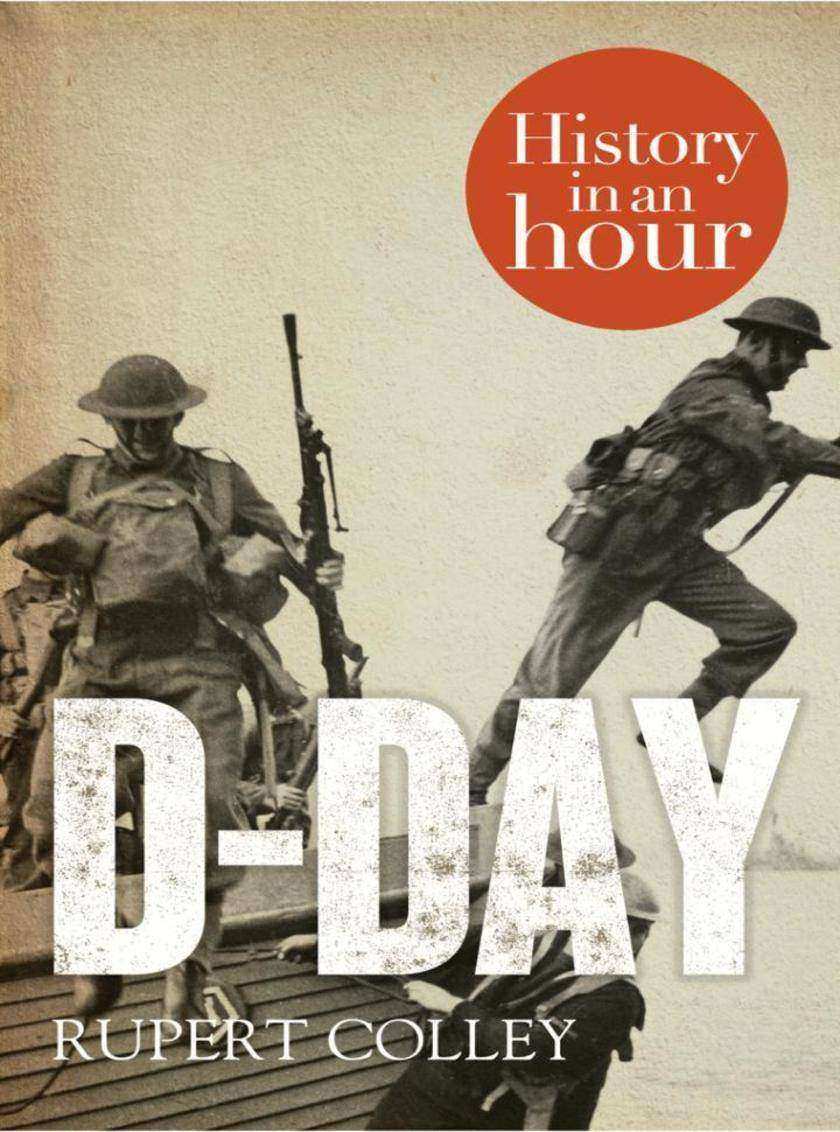
D-Day: History in an Hour
¥18.05
Love history? Know your stuff with History in an Hour. Midnight, Tuesday 6 June 1944: the beginning of D-Day, the operation to invade Nazi-occupied Western Europe and initiate the final phase of World War II. A vast undertaking, it involved 12,000 aircraft and an amphibious assault of almost 7,000 vessels. 160,000 troops would cross the English Channel during Operation Overlord, paving the way for more than three million allied troops to enter France by the end of August 1944. Forces from the United Kingdom, the United States, Canada, the Free French and Poland all heavily participated, alongside contingents from Belgium, Greece, the Netherlands, and Norway, They capitalised on the element of surprise achieved due to bad weather and the success of Operation Bodyguard – a feat of massive deception to convince Hitler that the landings would hit Pas-de-Calais. In just over a year, the war would be won. ‘D-Day: History in an Hour’ is the story of how the largest military operation in history had been planned, practised and executed. Love history? Know your stuff with History in an Hour…
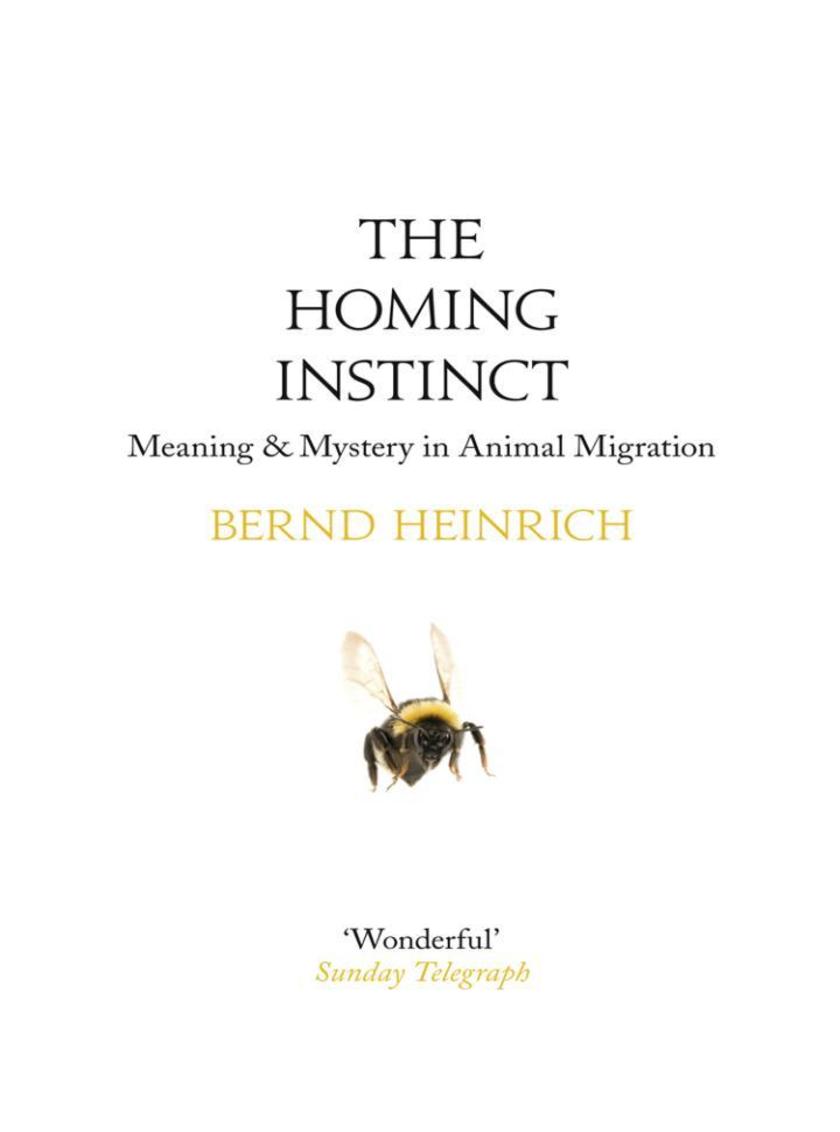
The Homing Instinct: Meaning and Mystery in Animal Migration
¥73.58
The story and science of how animals find their way home. Home is the place we long for most, when we feel we have travelled too far, for too long. Since boyhood, acclaimed scientist and author Bernd Heinrich has returned every year to a beloved patch of woods in his native western Maine. But while it’s the pull of nostalgia that informs our desire to go back, what is it that drives the homing instinct in animals? Heinrich explores the fascinating science behind the mysteries of animal migration: how geese imprint true visual landscape memory over impossible distances; how the subtlest of scent trails are used by many creatures, from fish to insects to amphibians, to pinpoint their home; and how the tiniest of songbirds are equipped for solar and magnetic orienteering over vast distances. Most movingly, Heinrich chronicles the spring return of a pair of sandhill cranes to their pond in the Alaska tundra. With his marvellously evocative prose, Heinrich portrays the psychological state of the newly arrived birds, articulating just what their yearly return truly means, to the birds and to those fortunate enough to witness this transcendently beautiful ritual. The Homing Instinct is an enchanting study of this phenomenon of the natural world, reminding us that to discount our own feelings toward home is to ignore biology itself.

Dunkirk
¥95.11
New York Times Bestseller THE EPIC TRUE STORY OF DUNKIRK NOW A MAJOR MOTION PICTURE, WRITTEN AND DIRECTED BY CHRISTOPHER NOLAN, AND STARRING KENNETH BRANAGH, TOM HARDY, AND MARK RYLANCE The Battle of Dunkirk, in May/June 1940, is remembered as a stunning defeat, yet a major victory as well. The Nazis had beaten back the Allies and pushed them across France to the northern port of Dunkirk. In the ultimate race against time, more than 300,000 Allied soldiers were daringly evacuated across the Channel. This moment of German aggression was used by Winston Churchill as a call to Franklin Roosevelt to enter the war. Now, historian Levine explores the real lives of those soldiers, bombed and strafed on the beaches for days on end, without food or ammunition; the civilians whose boats were overloaded; the airmen who risked their lives to buy their companions on the ground precious time; and those who did not escape.
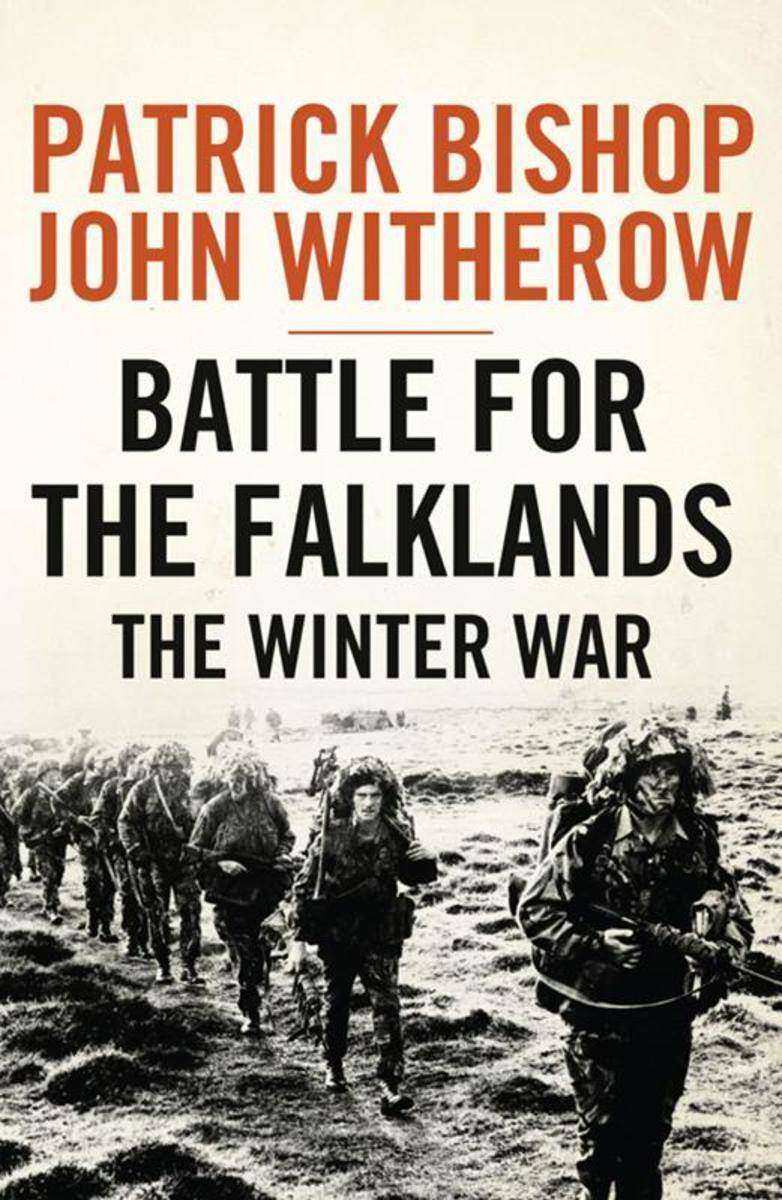
Battle for the Falklands:The Winter War
¥54.65
‘Boldly planned, bravely executed and brilliantly accomplished’ was Margaret Thatcher’s assessment of the Falklands campaign. But what did the war mean to the men in the trenches and below decks? This gripping first-hand account of the Falklands War, written by bestselling military historian Patrick Bishop and Sunday Times Editor John Witherow, reveals the true experiences of the British soldiers and seamen on the front line. The authors, then rookie reporters, lived alongside the fighting men, experiencing the daily realities of a British task force that was hugely outnumbered on a barren island 8,000 miles from home. The Falklands: The Winter War looks at the covert role of the SAS and the heroic death of Colonel ‘H’ Jones at Goose Green, and considers just how close Britain came to defeat. This is an extraordinarily frank and unsparing account of a military campaign that has held a defining place within the British national conscience since victory in 1982.

Birds of South America:Passerines (Collins Field Guide)
¥294.79
Recommended for viewing on a colour tablet. South America has long been known for its bountiful flora and fauna. The richness in bird life has attracted visitors from all over the world and has helped to make South America an increasingly popular wildlife tourist spot. This major new field guide to the birds of South America covers all the passerines (perching birds), with all plumages for each species illustrated, including males, females and juveniles. The text gives information on key identification features, habitat, and songs and calls. Beautiful artwork featured across 195 colour plates appears opposite the relevant text for quick and easy reference. Distribution maps are included, showing where each species can be found and how common it is, to further aid identification.
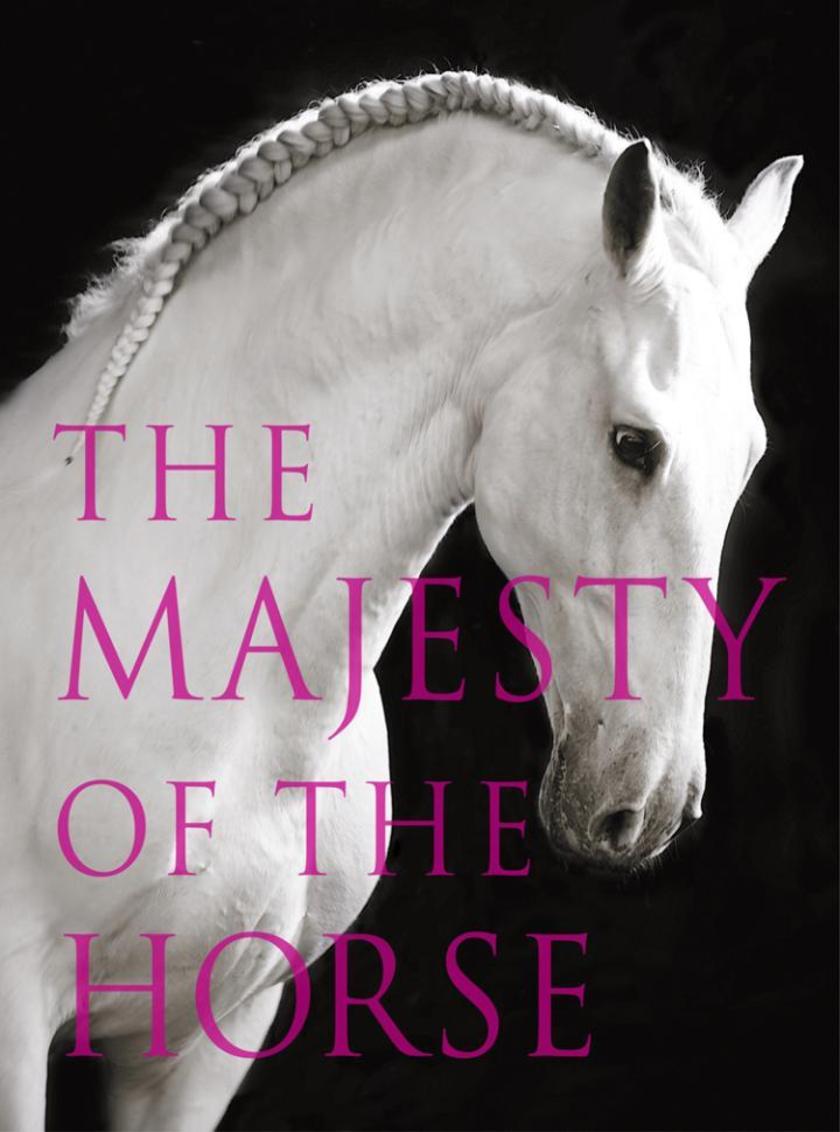
The Majesty of the Horse:An Illustrated History
¥221.12
The Majesty of the Horse is a celebration of an animal that has shaped the fate of mankind. Written as a glorious celebration of this noblest of animals, the book explores the sheer beauty and grandeur of horses, revealing the central role they have played in human societies throughout the world and across the ages. The book showcases equine photographer Astrid Harrisson’s amazing portraiture and stunning images of horses in motion, with pictures that capture the essence of many different breeds. It pays homage not only to the physical splendour of the horse – its grace, strength,and extraordinary adaptability – but also to the animal’s remarkable diversity. Equestrian specialist Tamsin Pickeral traces the evolution of the most significant and fascinating breeds, among them , the tiny, fiery Caspian, a native of the Caspian Sea’s south shore; the proud Thoroughbred; the genetically pure Icelandic Pony; the heroic Shire horse; and many others. For millenia, horses have enabled mankind to work the land effectively, travel across vast territories, go to war, and ride for sport and pleasure. The Majesty of the Horse reveals the stories behind the breeds of horses that humans have bred to produce the most efficient horse to fight on, to pull a plough, to travel on, pull a coach, or work with. Equestrian expert Tamsin Pickeral and award-winning horse photographer Astrid Harrisson spent a year combing the world in search of the best horses for The Majesty of the Horse.
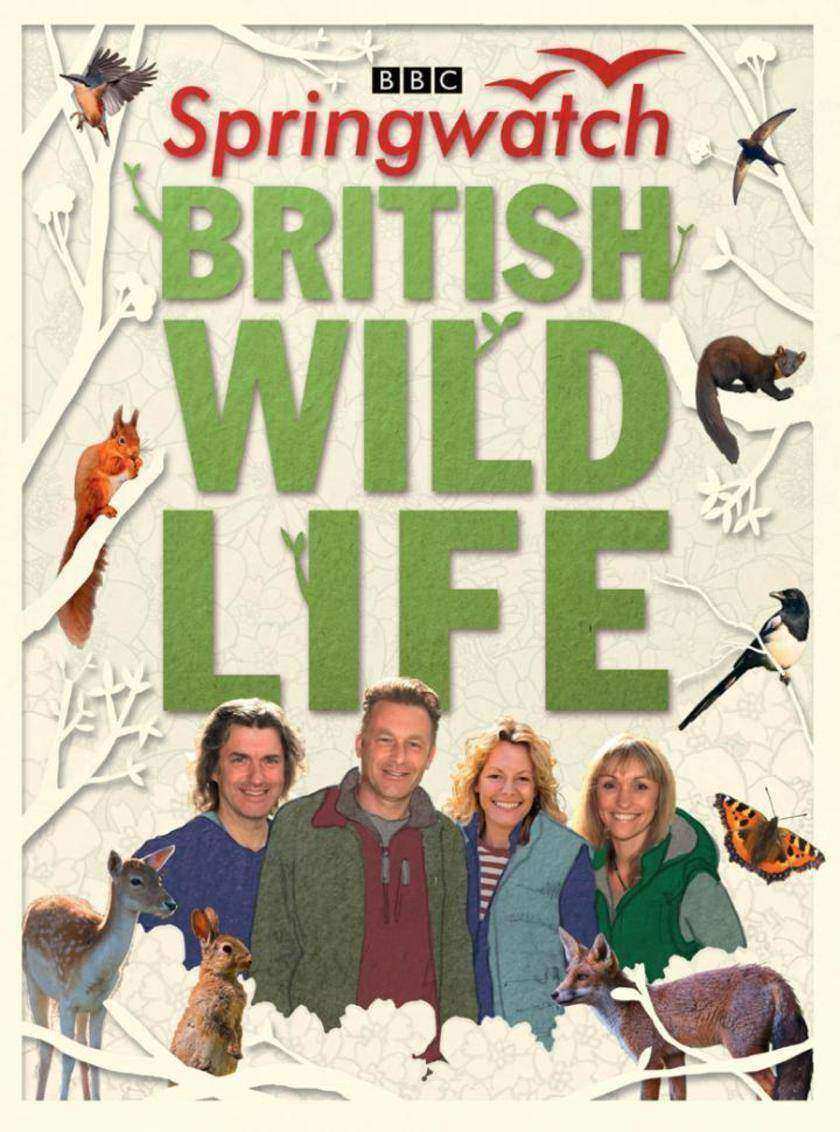
Springwatch British Wildlife:Accompanies the BBC 2 TV series
¥147.35
Springwatch British Wildlife is the perfect year-round countryside introduction to the much-loved wildlife of the popular BBC2 television series. The book guides you through Britain's rich and diverse natural heritage, allowing you to enjoy the nation's wildlife at its finest – learning how the animals live and where to find them, why they do what they do and how we can appreciate them. You will be introduced to the birds, mammals and plants that inhabit our gardens, cities and countryside, with detailed species de*ions and beautiful photographs allowing you to understand their appearance, behaviour and habitats. Discover the best-kept secrets about garden birds, fascinating fungi facts and what leaves and seeds tell us about our thriving plant life. Join the Springwatch team as they help you to explore the natural world and unlock the mysteries to British wildlife.
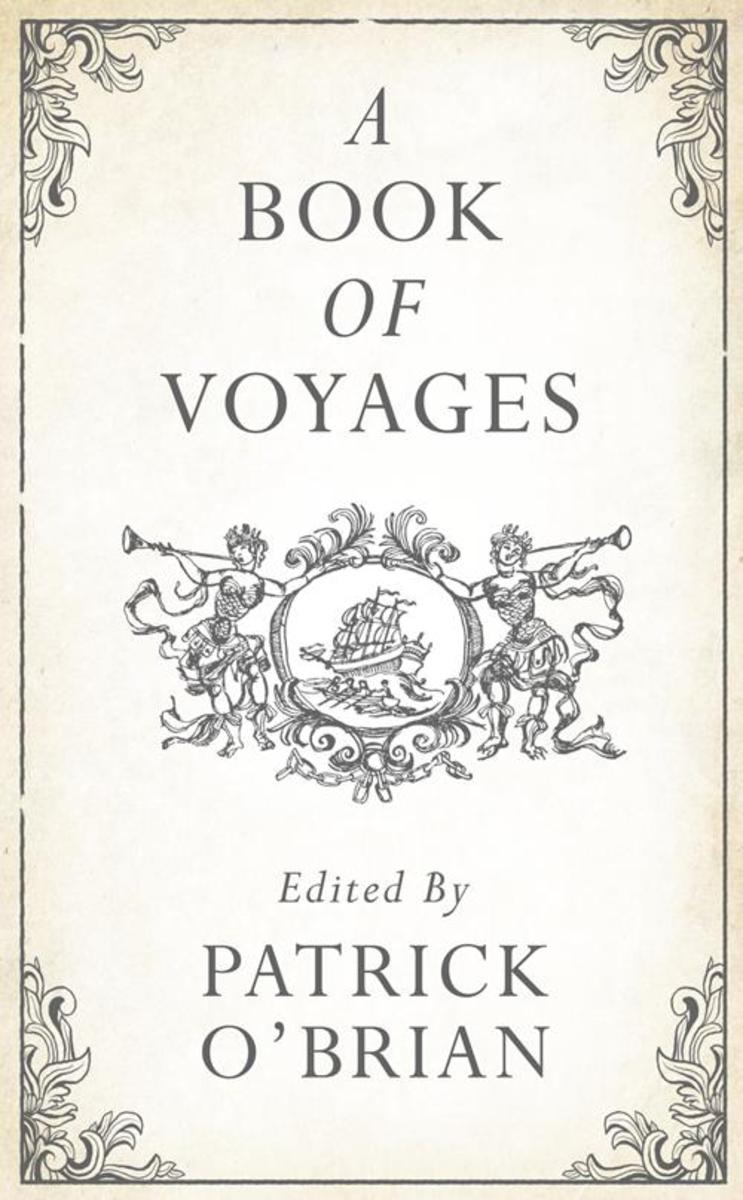
A Book of Voyages
¥69.26
Never previously published in this country, A Book of Voyages presents writings by various travelers, annotated and introduced by Patrick O Brian. Most are taken from the seventeenth and eighteenth centuries; O Brian felt that, unlike Elizabethan or Victorian accounts, these writings were relatively unknown in our time. On her journey through the Crimea, Lady Craven witnesses barbaric entertainments in the court of the Tartar Khan. John Bell tells us of his day s hunting with the Manchu emperor in 1721 outside Peking. An English woman in Madras gives us a detailed de*ion of the extraordinary costume and body decoration of a high-born Indian woman, wife of a nabob. These and other selections are glimpses of a world, now gone forever, that few readers would ever see for themselves. They are also quite possibly the inspiration for the travels and adventures of O Brian s own fictional heroes Captain Jack Aubrey and Stephen Maturin."
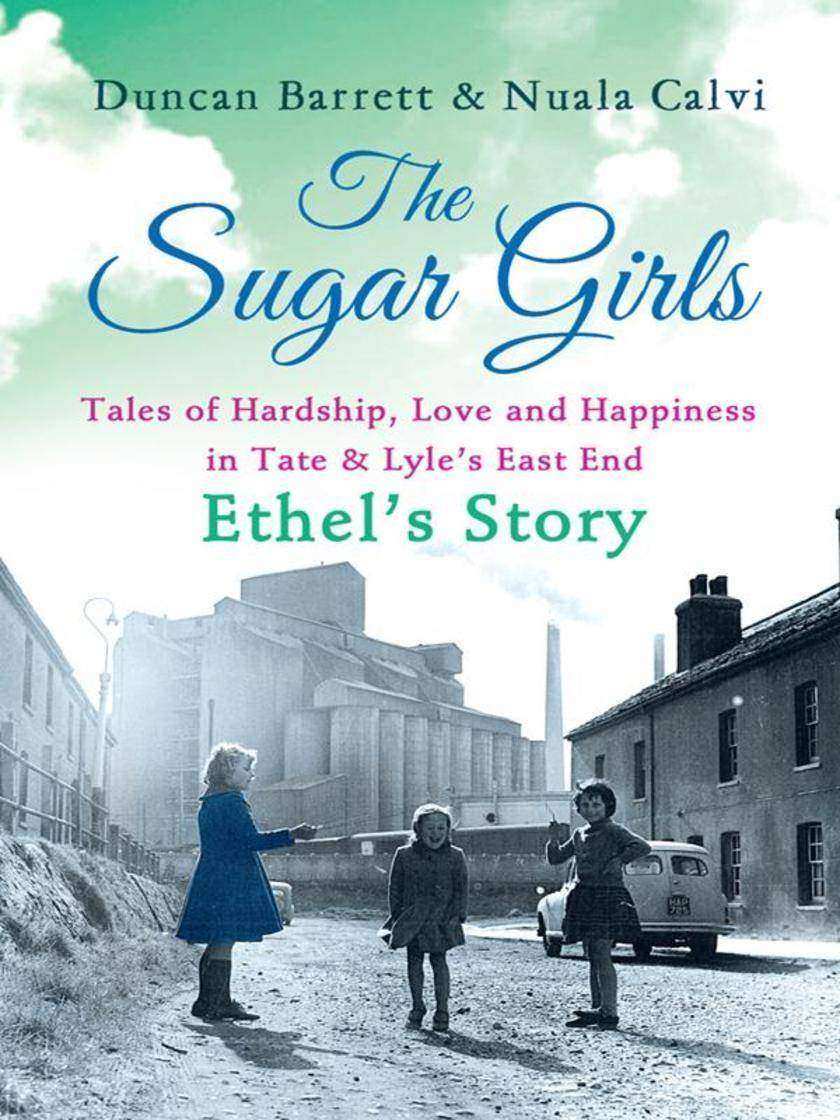
The Sugar Girls – Ethel’s Story
¥63.77
During the Blitz, the Sugar Girls kept Britain sweet. The work was back-breakingly hard, but the Tate & Lyle factory was more than just a workplace - it was a community, a calling, a place of love and support and an uproarious, tribal part of East London. This is Ethel’s story, one of four stories from The Sugar Girls. ‘On an autumn day in 1944, Ethel Alleyne walked the short distance from her house to Tate & Lyle’s refinery on the shining curve of the Thames. Looking up at the giant gates, Ethel felt like she had been preparing for this moment all her life. She smoothed down her frizzy hair, scraped a bit of dirt off the corner of her shoe and strode through. She was quite unprepared for the sight that met her eyes …’ In the years leading up to and after the Second World War thousands of women left school at fourteen to work in the bustling factories of London’s East End. Despite long hours, hard and often hazardous work, factory life afforded exciting opportunities for independence, friendship and romance. Of all the factories that lined the docks, it was at Tate and Lyle’s where you could earn the most generous wages and enjoy the best social life, and it was here where The Sugar Girls worked. This is an evocative, moving story of hunger, hardship and happiness, providing a moving insight into a lost way of life, as well as a timeless testament to the experience of being young and female.
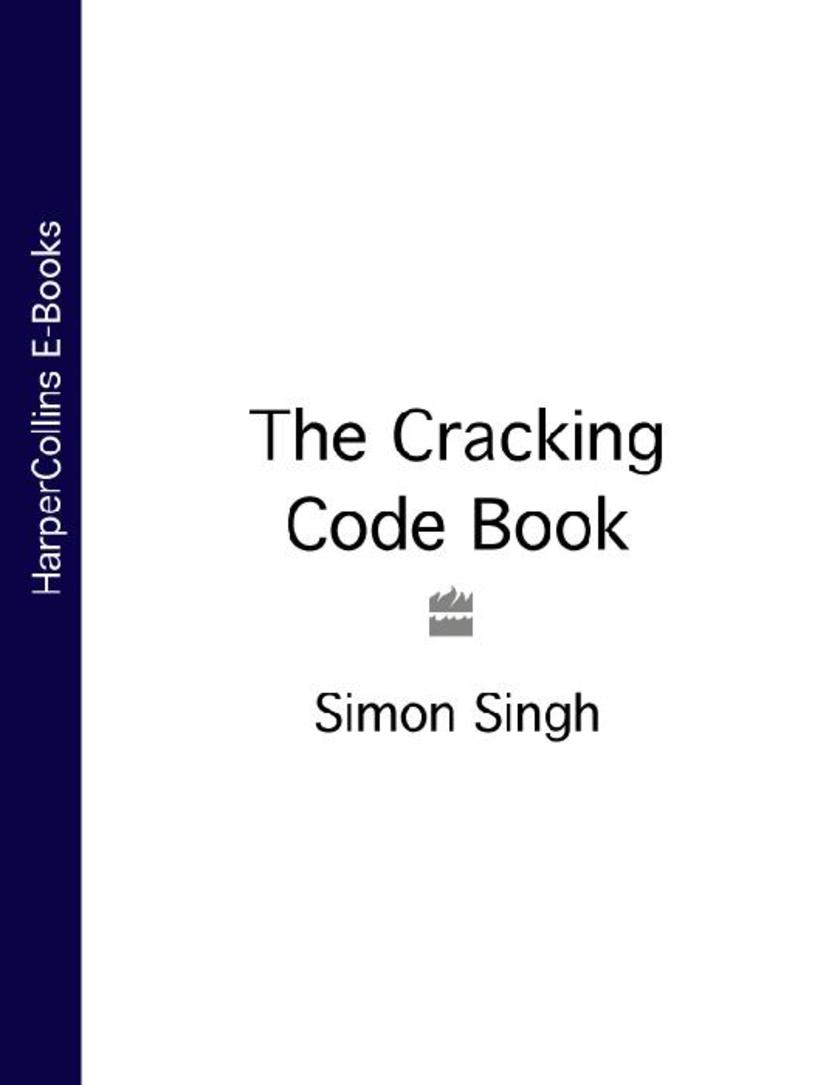
The Cracking Code Book
¥53.56
How to make it, break it, hack it, crack it. The secret history of codes and code breaking. Simon Singh’s best-selling title The Code Book now re-issued for the young-adult market. The Science of Secrecy from Ancient Egypt to Quantum Cryptography. Simon Singh brings life to an amazing story of puzzles, codes, languages and riddles – revealing the continual pursuit to disguise and uncover, and to work out the secret languages of others. Codes have influenced events throughout history, both in the stories of those who make them and those who break them. The betrayal of Mary Queen of Scots and the cracking of the enigma code that helped the Allies in World War II are major episodes in a continuing history of cryptography. In addition to stories of intrigue and warfare, Simon Singh also investigates other codes, the unravelling of genes and the rediscovery of ancient languages and most tantalisingly, the Beale ciphers, an unbroken code that could hold the key to a $20 million treasure.
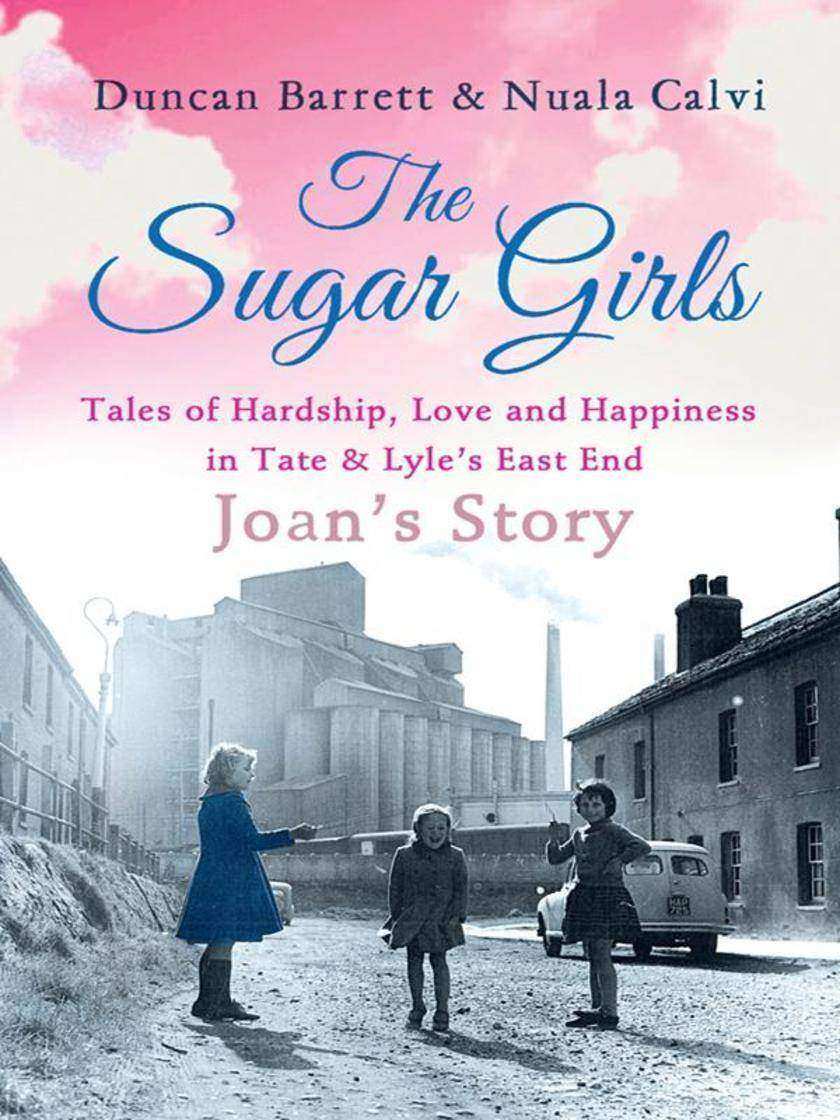
The Sugar Girls - Joan’s Story
¥18.74
This is Joan’s story, one of four stories from The Sugar Girls.During the Blitz and the years of rationing, the Sugar Girls kept Britain sweet. The work was back-breakingly hard, but the Tate & Lyle factory was more than just a workplace - it was a community, a calling, a place of love and support and an uproarious, tribal part of East London. ‘Joan had joined Tate & Lyle expressly for the social life, and she was determined to make the most of it. She could see that her old friend Peggy already had an established group of her own among the sugar girls, so she set about building a new set of friends. It wasn’t difficult for Joan, whose cheerful self-confidence, natural chattiness and naughty sense of humour acted as a magnet to those around her.’ In the years leading up to and after the Second World War thousands of women left school at fourteen to work in the bustling factories of London’s East End. Despite long hours, hard and often hazardous work, factory life afforded exciting opportunities for independence, friendship and romance. Of all the factories that lined the docks, it was at Tate & Lyle’s where you could earn the most generous wages and enjoy the best social life, and it was here where The Sugar Girls worked This is an evocative, moving story of hunger, hardship and happiness, providing a moving insight into a lost way of life, as well as a timeless testament to the experience of being young and female. Includes Joan’s own personal photographs of life as a sugar girl.
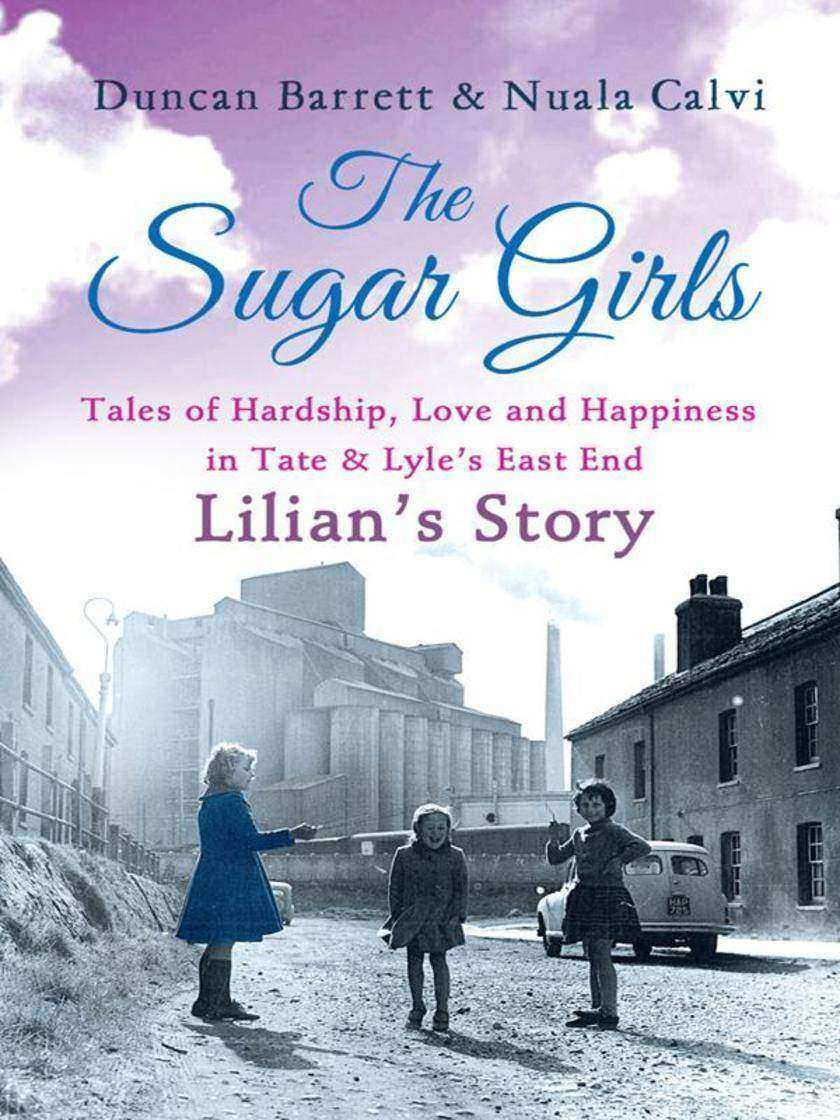
The Sugar Girls - Lilian’s Story
¥63.77
This is Lilian’s story, one of four stories from The Sugar Girls. During the Blitz and the years of rationing, the Sugar Girls kept Britain sweet. The work was back-breakingly hard, but the Tate & Lyle factory was more than just a workplace - it was a community, a calling, a place of love and support and an uproarious, tribal part of East London. ‘When Lilian Tull came to Tate & Lyle shortly after the end of the war, she was older than most new arrivals. A lanky, fairhaired woman of 23, she worked in the can-making department, where the Golden Syrup tins were assembled. Lilian had arrived on the job with a heavy heart, and her colleagues noticed a sad, far-away look in her eyes.’ In the years leading up to and after the Second World War thousands of women left school at fourteen to work in the bustling factories of London’s East End. Despite long hours, hard and often hazardous work, factory life afforded exciting opportunities for independence, friendship and romance. Of all the factories that lined the docks, it was at Tate & Lyle’s where you could earn the most generous wages and enjoy the best social life, and it was here where The Sugar Girls worked. This is an evocative, moving story of hunger, hardship and happiness, providing a moving insight into a lost way of life, as well as a timeless testament to the experience of being young and female. Includes Lilian’s own personal photographs of life as a sugar girl.
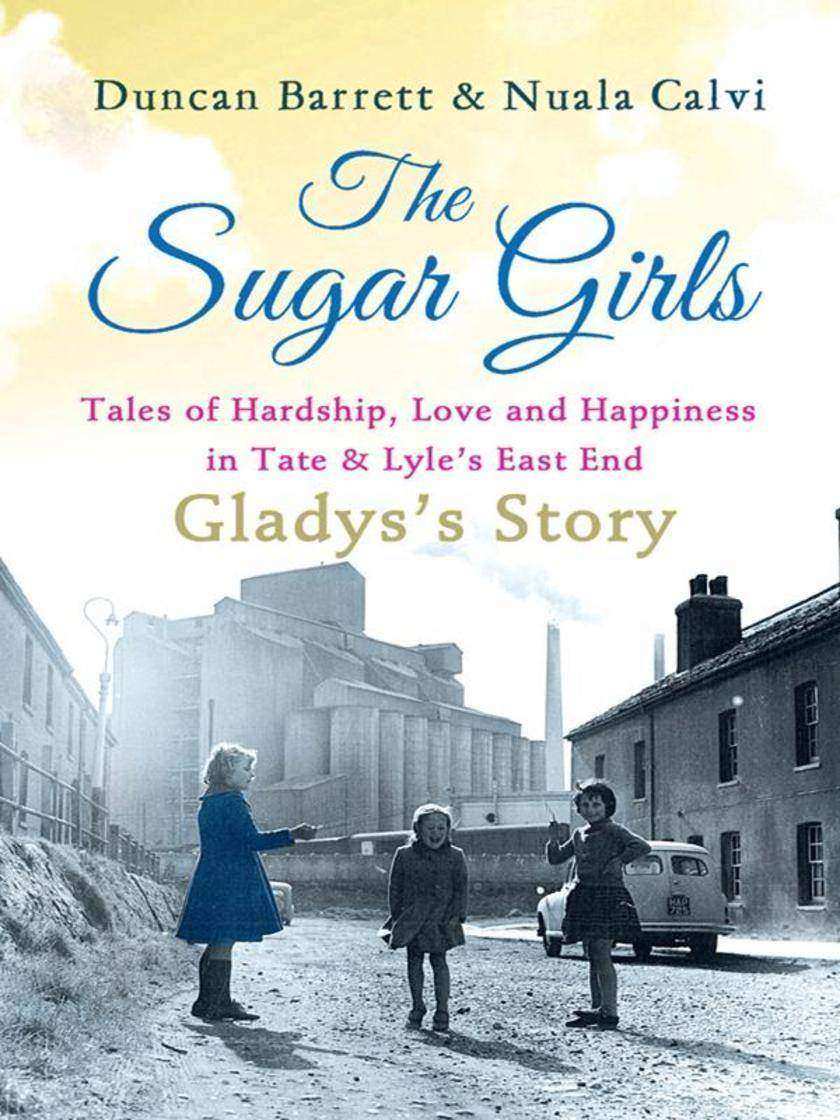
The Sugar Girls - Gladys’s Story
¥63.77
This is Gladys’s story, one of four stories from The Sugar Girls. During the Blitz and the years of rationing, the Sugar Girls kept Britain sweet. The work was back-breakingly hard, but the Tate & Lyle factory was more than just a workplace - it was a community, a calling, a place of love and support and an uproarious, tribal part of East London. ‘Gladys changed into her new uniform. The dungarees hung loosely on her boyish frame, the crotch resting somewhere down by her knees and the backside looking like a crumpled sack waiting to be filled with potatoes. The short-sleeved blouse seemed to have been designed with a buxom matron in mind, and one with arms as thick as her legs, not a skinny, flat-chested 14-year-old. What kind of monstrous creatures worked in this Blue Room?’ In the years leading up to and after the Second World War thousands of women left school at fourteen to work in the bustling factories of London’s East End. Despite long hours, hard and often hazardous work, factory life afforded exciting opportunities for independence, friendship and romance. Of all the factories that lined the docks, it was at Tate & Lyle’s where you could earn the most generous wages and enjoy the best social life, and it was here where The Sugar Girls worked. This is an evocative, moving story of hunger, hardship and happiness, providing a moving insight into a lost way of life, as well as a timeless testament to the experience of being young and female. Includes Gladys’s own personal photographs of life as a sugar girl.
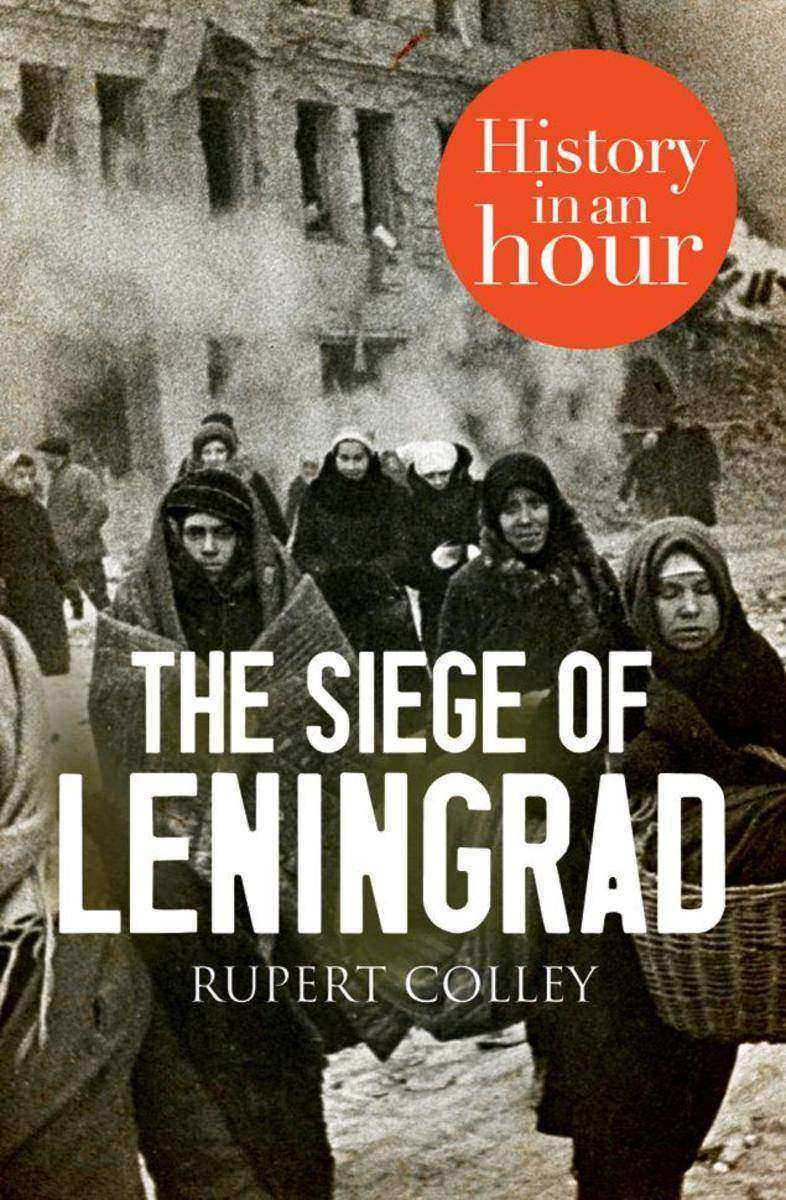
The Siege of Leningrad:History in an Hour
¥18.05
Love history? Know your stuff with History in an Hour. The Siege of Leningrad was one of the longest sieges in history and it inflicted some of the worst civilian casualties of World War Two. When Hitler declared his intention to obliterate the key city of Leningrad on 22 September 1941, he could not have foreseen the grim determination of its citizens. Over the course of 900 days, the city resisted the Germans pounding at its gates. Its survival contributed to the defeat of Nazism. But the price was heavy – over 1 million died in Leningrad from German bombs and artillery, or from disease, the cold or starvation. In its suffering Leningrad became a source of symbolic national pride, of good conquering evil. The story of the siege is one of heroic resistance and stoical survival but it also one of unimaginable suffering and extreme deprivation. THE SIEGE OF LENINGRAD: HISTORY IN AN HOUR is essential reading for all history lovers. Know your stuff: read about the Siege of Leningrad in just one hour.
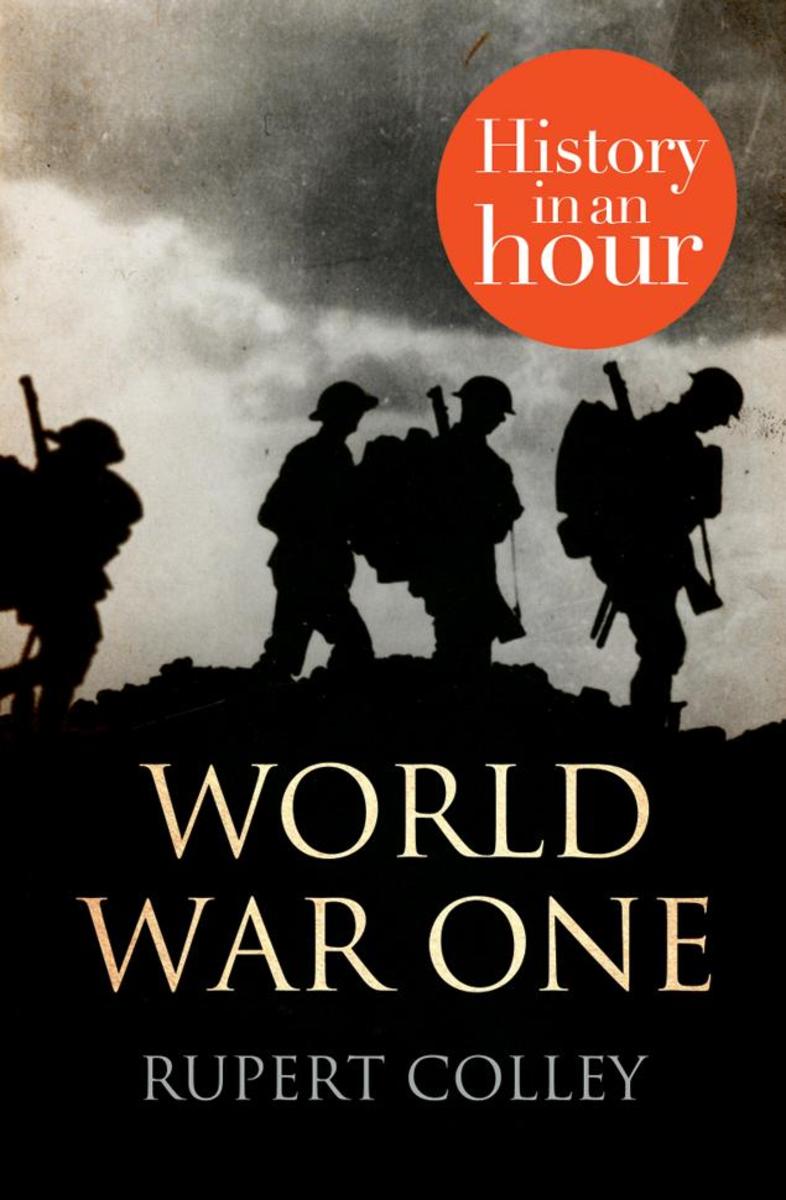
World War One:History in an Hour
¥18.05
Love history? Know your stuff with History in an Hour. The ‘Great War’, from July 1914 to November 1918, was without parallel. It brought to an end four dynasties, ignited revolution, and forged new nations. It introduced killing on an unprecedented scale, costing an estimated nine million lives. It was the war that destroyed any notion of romance or chivalry in battle; it pulled in combatants from nations across the globe and shattered them, body and mind. The War involved all of the world’s great powers – the Central Powers, dominated by Germany and Austria-Hungary; the Triple Entente, lead by Britain, France and Russia; and America. World War One: History in an Hour explains the unprecedented battles on land, sea and in the air and describes the Home Front, espionage, and the politics behind them. This, for the first time in history, was ‘total war’. Love history? Know your stuff with History in an Hour…
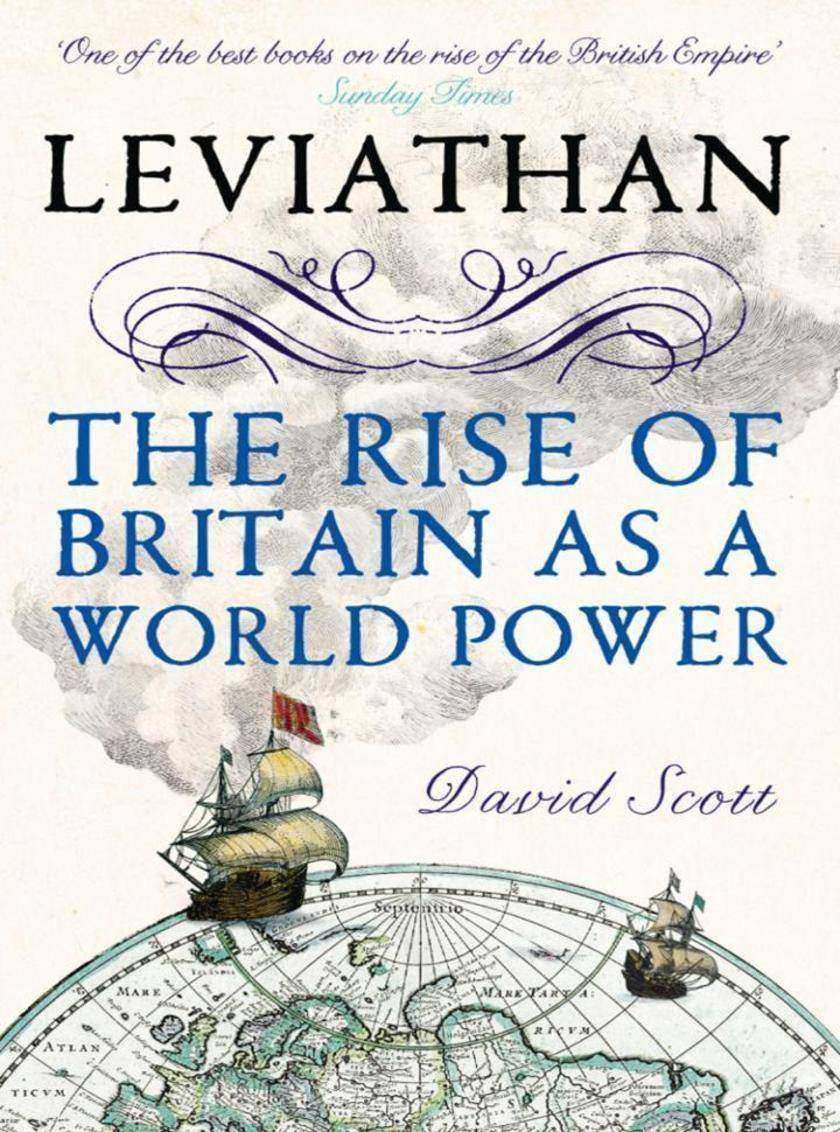
Leviathan:The Rise of Britain as a World Power
¥95.75
For viewers of BBC One’s ‘Britain and the Sea’, ‘Leviathan’ is a must-read; overturning long-held beliefs about our ancestry and weaving together the disparate strands that made the fabric of the Empire. The 350 years between the accession of the Tudors and the beginning of the Victorian era saw one of the great transformations of any nation in history:Britain emerged from its lowly position as European underdog to become the world's only maritime superpower. It was a period that saw the creation of Protestant kingdoms in England and Scotland, the gain and loss of American colonies and the beginnings of a new empire in Africa, India and Australasia. It is a slice of our past represented by some of the most compelling personalities to have graced the historical stage – Elizabeth I, Nelson, Cromwell and Byron amongst them. In this wide-ranging yet succinct history, David Scott challenges some of our longest held beliefs in how Britain achieved its constitutional might. Where other histories have concentrated on a narrow chronology, 'Leviathan:A World of Ships and Men' encompasses a broad spectrum, tracing the connections made across time as never before.
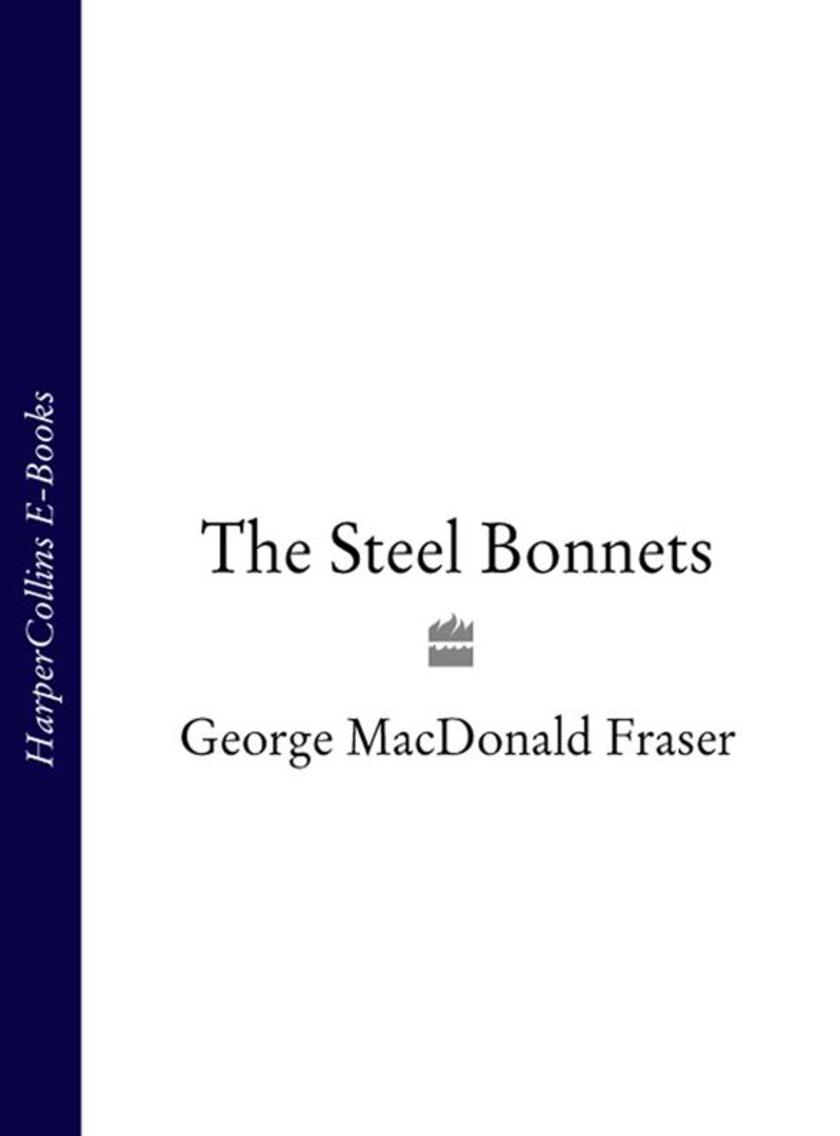
The Steel Bonnets
¥114.48
From the author of the famous ‘Flashman Papers’ and the ‘Private McAuslan’ stories.

Adventures Among Birds (Collins Nature Library)
¥147.35
The Collins Nature Library is a new series of classic British nature writing – reissues of long-lost seminal works. The titles have been chosen by one of Britain’s best known and highly-acclaimed nature writers, Robert Macfarlane, who has also written new introductions that put these classics into a modern context. Adventures Among Birds is almost a manifesto for the life of birds. Hudson's experience of different forms of birdlife is prodigious, and he weaves a thousand small anecdotes together into a rallying call against indifference to the beauty of birds. From childhood memories of his first caged bird and his growing passion for them, slowly growing throughout his adolescence in Argentina, to the beauty of the diversity of birdlife in England, Hudson's delight at this particular aspect of nature is palpable. It is in his protests against the hunting of birds for sport that his love for birds is most clearly shown. Their behaviour towards one another convinces Hudson of their friendship, and his powers of observation paint a picture of interaction and emotion between birds that is almost human. Adventures Among Birds is a collection of detailed little pictures of the feathered world and why it matters. Told with an unrelenting passion for its subject, Hudson's book is sure to draw you in with its countless beautiful de*ions in miniature.
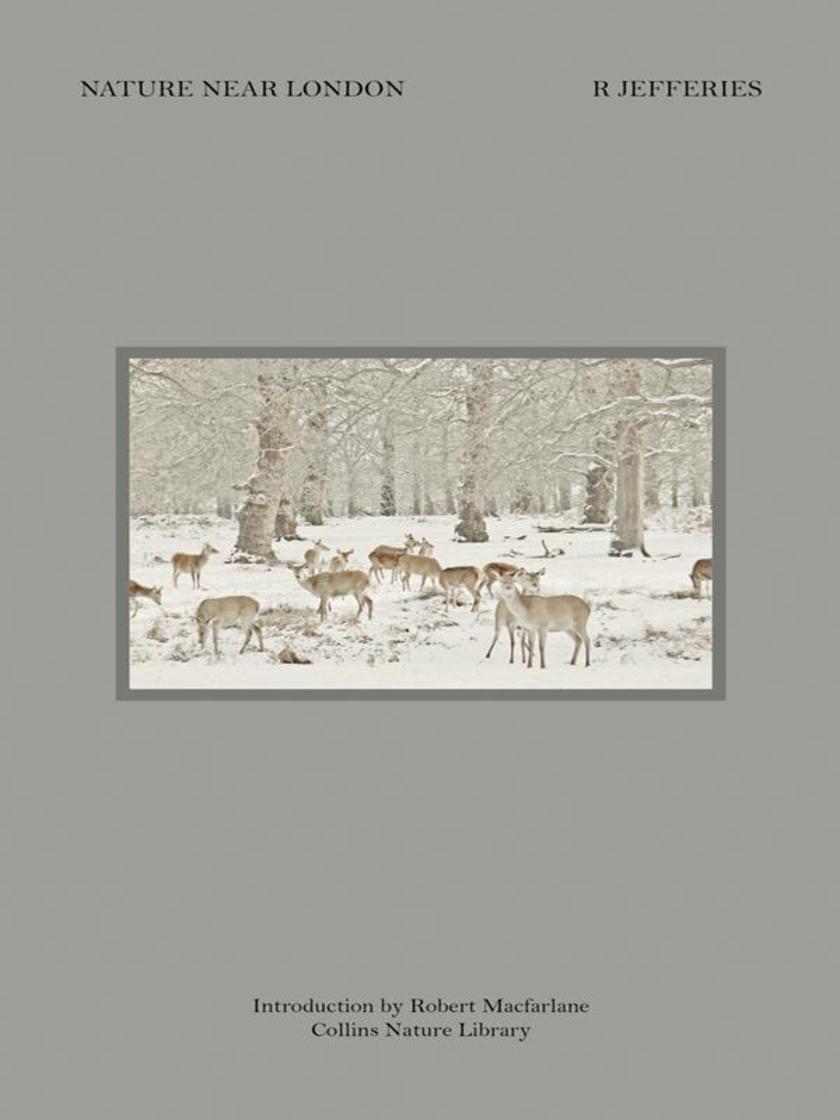
Nature Near London (Collins Nature Library)
¥147.35
The Collins Nature Library is a new series of classic British nature writing – reissues of long-lost seminal works. The titles have been chosen by one of Britain’s best known and highly acclaimed nature writers, Robert Macfarlane, who has also written new introductions that put these classics into a modern context. Nature Near London is a collection of observational pieces from locations near London at the end of the 19th Century. The depth of knowledge and of familiarity with particular places and particular species gives the impression that each small piece is the product of many years of observation. His style of observation is a work in miniature – cataloguing the most minute details; the dancing of a flower in the wind or the darting of a cautious trout. The chapters centre on a special place, a certain species, geographical feature or habitat – everything from orchards and copses to rivers and streams. Jefferies always explains the typical behaviour of whatever he is describing, and often contrasts what he sees with what one would expect to see in another part of the country, or in a different season. His knowledge of flowers is wide-ranging, and his ability to describe one particular patch of a field in such a specific way brings tremendous variety to the chapters that make up the book. The final chapters are a departure – both from the character of the rest of the book, and from London itself, as Jefferies boards the train to Brighton. Suddenly he is describing people and their relationship to nature, as much as nature itself. The scope widens, less a work in miniature, more surging towards a triumphant end as Jefferies becomes ever more philosophical. 100 years on, the book becomes even more relevant than when it was published – as a reminder of the dangers of unrelenting urbanisation, but also the context of the trend that aims to recreate nature where we need it most – around our cities. Nature near London is a portrait of what we’ve lost, and a reminder of nature’s positive and calming influence. Going along with Jefferies is like taking an afternoon stroll out of the city, without having to leave your armchair.




 购物车
购物车 个人中心
个人中心



